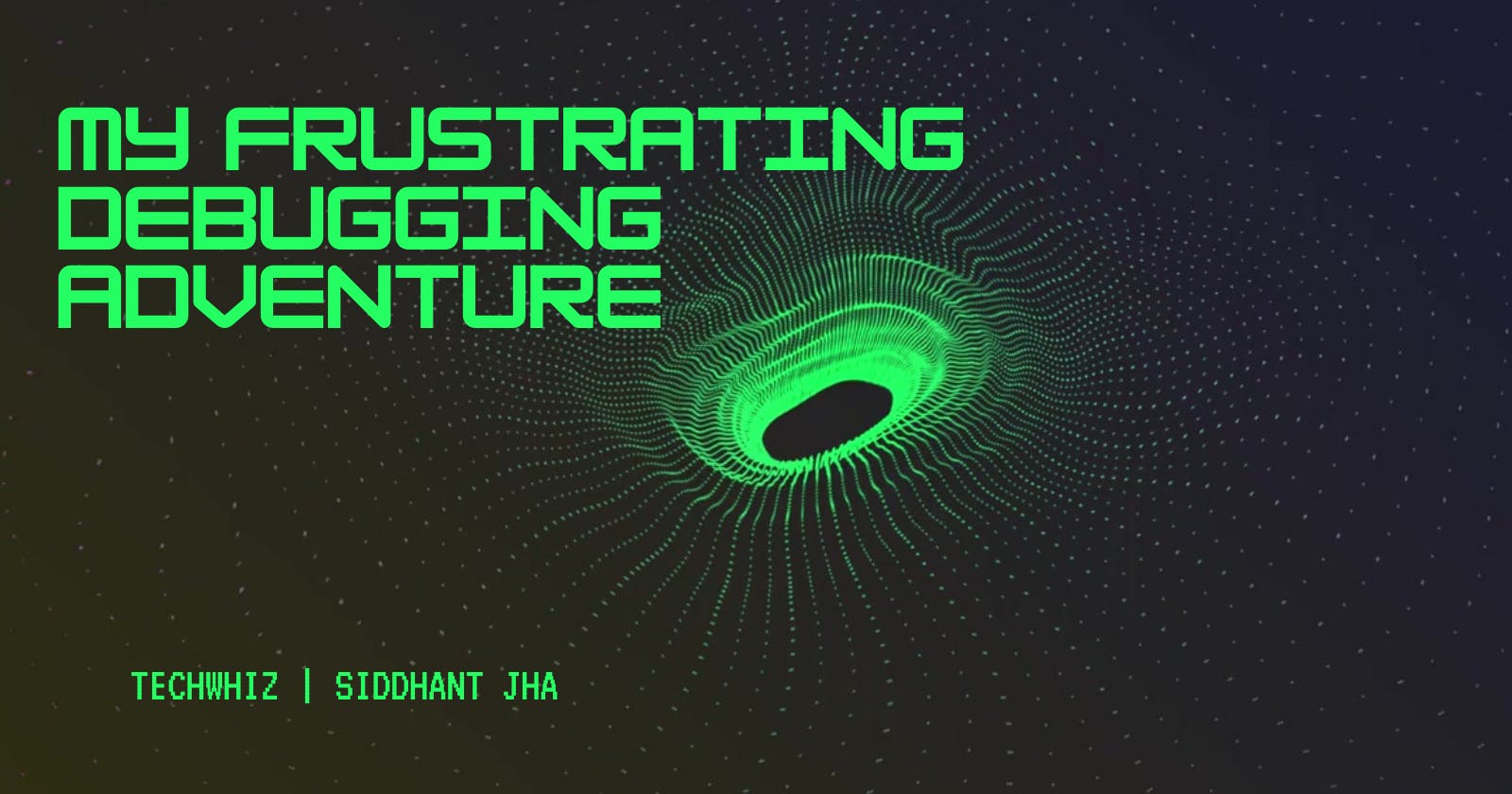The Case of the Mysterious Null Pointer Exception: My Frustrating Debugging Adventure
Debugging is a necessary evil in software development, and it can be a real pain in the you-know-what. I recently had one of those experiences, and I want to share my debugging adventure with you.
So, here's the deal. I was working on this code, and everything seemed to be running smoothly until I got a null pointer exception in our production environment.
The stack trace was useless, and it only pointed to a single line of code. The error message read: "java.lang.NullPointerException at com.example.myapp.MyClass.myMethod(MyClass.java:123)".
I mean, seriously? That's all the information I got? Thanks, Java.
At first, I thought the fix would be easy. I went to the code in question and added a null check before accessing the object. But when I deployed the fix, the error persisted. I was stumped.
I spent hours trying to figure out what was going on. I added logging statements to track the flow of the program, but they didn't reveal anything new. I even considered quitting my job and becoming a farmer, but I didn't know the first thing about farming.

Finally, I decided to take a break and clear my head. That's when I remembered something I had learned in a debugging workshop: sometimes the cause of an error is not in the code itself, but in the environment surrounding it.
So, I started to investigate the environment in which the code was running. I looked at the server logs, the deployment scripts, and the dependencies. And that's when I discovered that a recent upgrade to one of our dependencies had introduced a bug that caused it to return null under certain circumstances.
I was relieved and frustrated at the same time. Relieved that I had found the root cause of the problem, but frustrated that it took me so long to figure it out.
Looking back on this debugging adventure, I realized a few things. First, sometimes the root cause of an error is not immediately obvious, and it requires a systematic approach to uncover.

Second, debugging can be a real pain, but taking a break and looking at the big picture can help you find the solution. Finally, never underestimate the importance of investigating the environment surrounding your code.
So, there you have it. My frustrating debugging adventure. Don't give up, my fellow developers.
Keep on debugging, even when it feels like you're lost in a maze. Happy coding!
